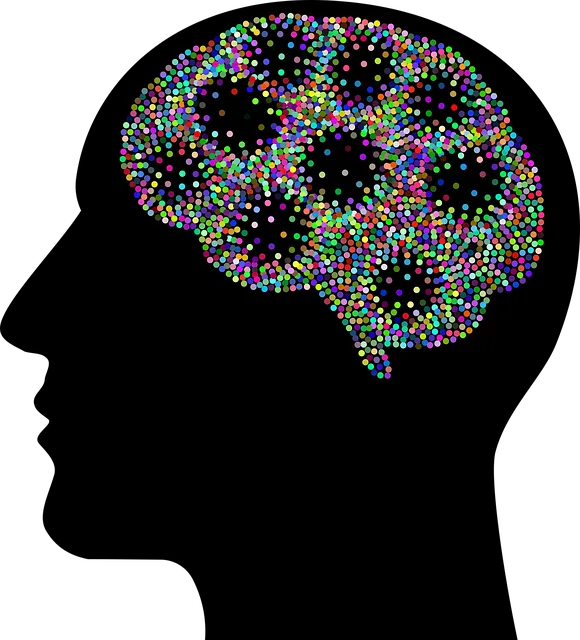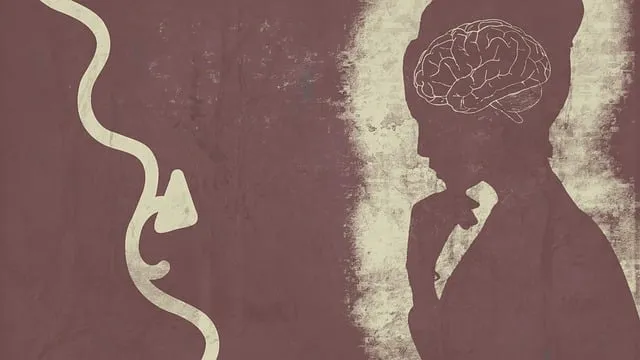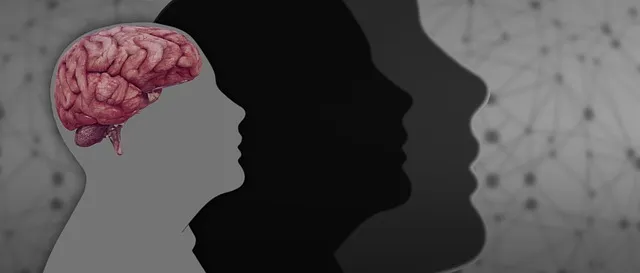The media's portrayal of mental health significantly impacts societal understanding and awareness, with accurate, compassionate depictions reducing stigma and inspiring hope. Louisville Kaiser Permanente (LKP) leads an initiative to address this by challenging negative stereotypes in media and offering diverse, realistic representations of the mental health community. Through educational programs, campaigns, support services like Trauma Support Services, and evidence-based practices, LKP aims to destigmatize mental illness and empower individuals in their journeys. By presenting nuanced portrayals, media can encourage understanding, support, and early intervention, fostering a more compassionate society for those facing mental health challenges. Collaborating with healthcare providers, educators, and media ensures impactful initiatives like awareness campaigns and crisis intervention guidance.
In today’s digital age, media portrayal significantly influences public understanding of mental illness. This article explores strategies to challenge harmful stereotypes and promote accurate representation. We delve into the impact of media on mental health awareness, focusing on Louisville Kaiser Permanente’s initiative as a pioneering example. By identifying biases in mental illness depictions, we can implement empathically charged solutions. Education and collaboration are crucial weapons against stigma, with Louisville Kaiser Permanente leading by example, demonstrating a path towards better mental health representation.
- Understanding the Impact of Media Portrayal on Mental Health Awareness
- The Current State: Louisville Kaiser Permanente's Initiative
- Identifying Biases and Stereotypes in Mental Illness Depictions
- Strategies for Accurate and Empathic Representation
- The Role of Education and Collaboration in Challenging Stigma
Understanding the Impact of Media Portrayal on Mental Health Awareness

The media plays a significant role in shaping societal perceptions about mental health. Accurate and compassionate representation in movies, TV shows, and news can significantly impact public understanding and awareness of various mental illnesses. Unfortunately, stereotypes and misconceptions have long plagued this aspect of media portrayal, often perpetuating fear and stigma. This has potential negative consequences for individuals struggling with their mental well-being, as it may discourage them from seeking help or discussing their experiences openly.
For instance, focusing on the resilience building aspects of overcoming mental illness can inspire hope among viewers. Similarly, highlighting the importance of social skills training and confidence boosting strategies in recovery stories can offer practical insights to those affected. Organizations like Louisville Kaiser Permanente, dedicated to mental health services, can benefit from such positive media representations as they encourage a more inclusive and supportive environment for individuals dealing with mental health challenges.
The Current State: Louisville Kaiser Permanente's Initiative

Louisville Kaiser Permanente has taken a significant step forward in addressing mental health issues by launching an initiative focused on improving representation and understanding. The current state of mental illness portrayal in media often perpetuates stereotypes, which can be detrimental to those struggling with their emotional well-being. This initiative aims to challenge these negative narratives and offer a more accurate reflection of the diverse experiences within the mental health community.
Through various educational programs and awareness campaigns, Kaiser Permanente Louisville is working towards destigmatizing mental illness. They are promoting emotional well-being by providing resources and support services, such as Trauma Support Services, tailored to the specific needs of their community. By integrating evidence-based practices and Emotional Well-being Promotion Techniques, they strive to enhance stress management strategies, ensuring individuals have the tools to navigate their mental health journeys effectively.
Identifying Biases and Stereotypes in Mental Illness Depictions

In the representation of mental illness in media, biases and stereotypes often go unnoticed but significantly impact public perception. The portrayal of individuals with mental health conditions is crucial as it either reinforces societal stigma or fosters understanding and empathy. Unfortunately, media often presents simplistic and one-dimensional narratives, focusing on extreme scenarios or perpetuating outdated clichés. For instance, depression is frequently depicted as a momentary setback, easily overcome through motivation or external events, ignoring the complexity of this common yet debilitating condition. Such depictions fail to represent the various forms mental illness can take, including conditions that require ongoing treatment and management, like bipolar disorder or severe anxiety.
Louisville Kaiser Permanente’s mental health services, for instance, emphasize comprehensive care and personalized treatment plans, challenging these stereotypes. They promote mood management strategies and depression prevention initiatives, reflecting a progressive approach to mental health policy analysis and advocacy. By showcasing realistic portrayals of individuals navigating their mental health journeys, media can contribute to a more nuanced understanding of these conditions, encouraging support and early intervention instead of perpetuating harmful misconceptions.
Strategies for Accurate and Empathic Representation

Mental illness is a complex topic, and its accurate representation in media is paramount for challenging stereotypes and promoting understanding. When portraying individuals with mental health struggles, it’s essential to move beyond simplistic or sensationalized narratives. Instead, creators should aim for authenticity by consulting with experts like those from Louisville Kaiser Permanente mental health services. This ensures that the portrayal aligns with real-life experiences and avoids perpetuating harmful myths.
Incorporating strategies such as diverse character development, avoiding tokenism, and showcasing recovery journeys (including setbacks) can contribute to a more nuanced understanding. By presenting characters grappling with mood disorders or stress management issues in a compassionate light, media can offer valuable crisis intervention guidance. This approach encourages empathy from viewers and fosters a culture where seeking help is normalized.
The Role of Education and Collaboration in Challenging Stigma

Education plays a pivotal role in challenging the stigma surrounding mental illness, especially when it comes to shaping public perception and fostering understanding. By integrating mental health awareness into educational curricula, schools can equip students with the knowledge to recognize signs of distress and encourage open conversations about mental wellness. This proactive approach breaks down barriers and encourages empathy, as young minds are molded with insights into the complexities of mental health struggles.
Collaboration between healthcare providers, educators, and media organizations is a powerful strategy in this context. Louisville Kaiser Permanente, for instance, can lead initiatives that combine their expertise in mental health with educational institutions to develop comprehensive programs. These efforts may include public awareness campaigns, self-awareness exercises, and crisis intervention guidance tailored to diverse audiences. Such collaborations ensure that accurate representations of mental illness are not only promoted but also deeply ingrained in society’s collective consciousness, leading to a more compassionate and supportive environment for those facing mental health challenges.
Media representation plays a pivotal role in shaping public understanding of mental illness, with accurate and empathetic portrayals being essential for fostering mental health awareness. As highlighted by Louisville Kaiser Permanente’s initiative, addressing biases and stereotypes through collaborative efforts can significantly challenge the stigma associated with mental health issues. By adopting strategies that promote diverse, authentic, and informed narratives, media can contribute to a more compassionate society where individuals struggling with mental illness feel seen, understood, and supported. The journey towards positive change begins with recognizing the power of representation and taking proactive steps to ensure a mental health number that reflects reality.






